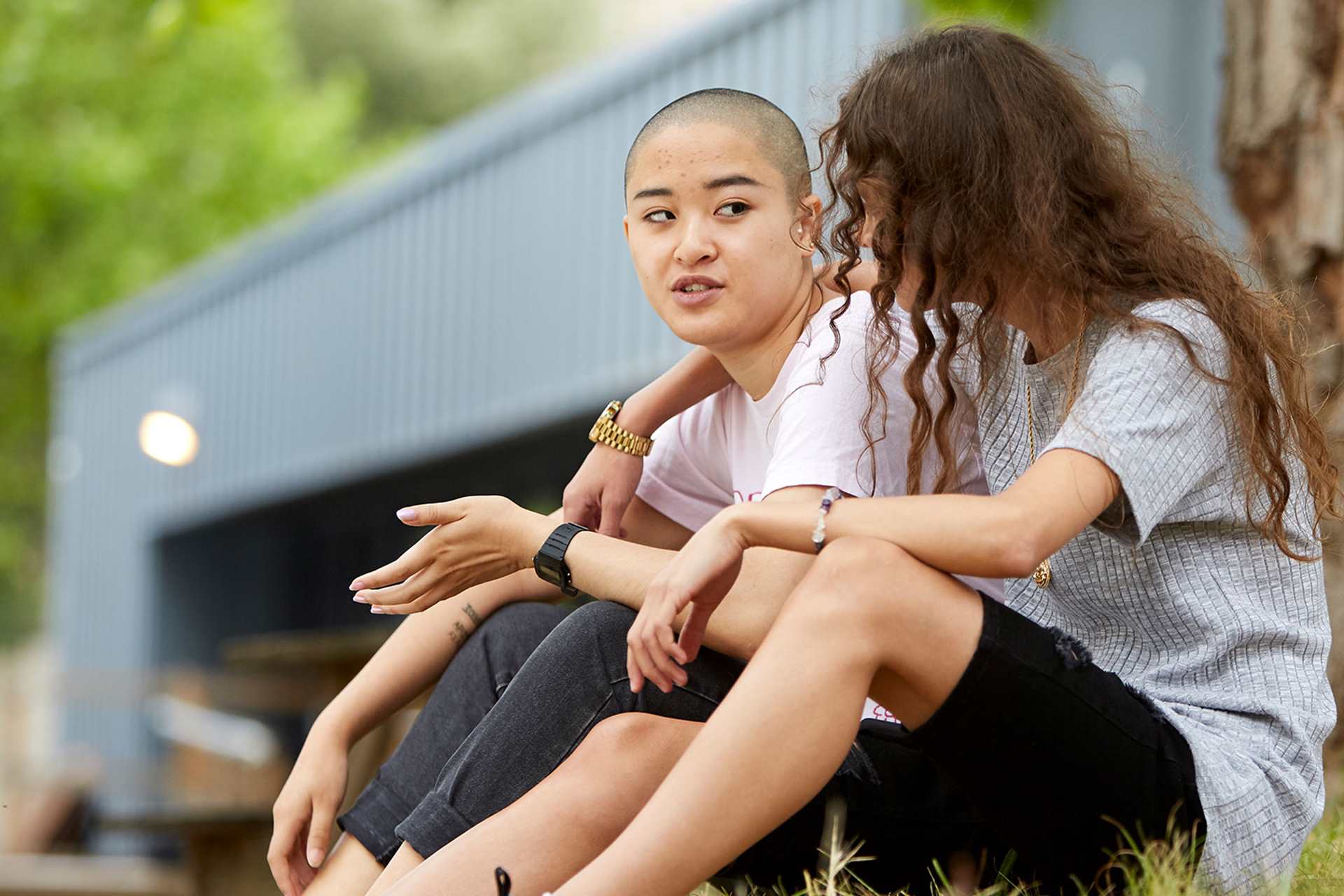Topics mentioned: medication, depression, borderline personality disorder, eating problems, PTSD
About: Medications don’t always work the same for everybody. After some trial and error, and with the help of her psychiatrist, Tay was able to find medications that worked for her.
Everybody responds to medication differently. This blog only represents the author's experience. For more information, have a look at our medication pages. For medical advice, always speak to your doctor.
I know that I probably wouldn’t have finished my degree without medication easing my symptoms.
I’m Tay, I’m 21 years old and have been taking mental health medication since I was 16. I have been diagnosed with major depressive disorder and borderline personality disorder, as well as an eating disorder and post-traumatic stress disorder (PTSD).
At the age of 13, I began to struggle with my mental health. By the age of 16, I had tried four types of therapy to help. After a serious crisis, my psychiatrist decided it was time to intervene on a clinical level. I assumed that medication would rid me of the crippling depression that was ruining my life.
At first, I was put on fluoxetine. My father read the information leaflet given with the tablets and highlighted the important things for me to read over, including negative side effects, such as suicidal ideation. Unfortunately, my mood did not lift. In fact, the medication had no effect on me whatsoever - positive or negative.
I was then put on something similar called citalopram. Despite several adjustments to the dosage, again I felt no effect.
My mood did not lift. In fact, the medication had no effect on me whatsoever - positive or negative.
I wondered if there was something wrong with my brain. Was my depression so deep rooted that it could not be cured? Then I discovered that there were many different medications which work in many different ways.
I was put on a different type of antidepressant called duloxetine. This was an SNRI as opposed to an SSRI. The drug had no effect until I was on the highest dose, which lifted my mood and motivation. I became less suicidal and depressed.
However, for the first time I suffered negative side effects. For the first week after I started taking it, and after dosage increases, I had extreme nausea. My doctor prescribed me medication to treat this and it soon subsided.
At the same time, I was put on an antipsychotic called quetiapine, which acted as a mood stabiliser and a sedative to help me sleep. Again, the medication had no effect until I was put on a high dosage.
Although duloxetine did help me, it didn't make my depression go away. It only lifted me from my lowest point and maintained my depression at a less severe level, which was easier to manage.
I wondered if there was something wrong with my brain. Was my depression so deep rooted that it could not be cured?
After 12 months on medication, I had a very bad relapse and my medication was changed again. My doctor took me off duloxetine and put me on venlafaxine. This drug seemed like a miracle drug to me. It really helped manage my depression and I was no longer suicidal or self-harming. Although the drug has helped mentally, it has, however, impacted my physical health.
Combined with the quetiapine, I gained a lot of weight and have acquired a mild form of tachycardia. This means my pulse is almost always over 100 and increases quite rapidly when I go from stationary to moving.
After some time on venlafaxine, I became suicidal again and was very upset because I thought this drug was working well for me. My psychiatrist appreciated this and changed me to the highest dose, because it had worked for me before on that dose. Perhaps it would work again.
I have accepted that these disorders are permanent and are something I will have to live with by getting my prescription every month.
The higher dose has helped. I have been taking medication for five years now, and I face the prospect that I will probably be taking it for the rest of my life. I have just graduated from university, and I know that I probably wouldn’t have finished my degree without medication easing my symptoms.
I do not know if it is medication which has helped me or the considerable amount of therapy I have received over the past five years. Maybe it's both.
My mental health has improved, yet it is still not perfect. It is up and down, but I have accepted that these disorders are permanent and are something I will have to live with by getting my prescription every month.
Questions about mental health medication?
If you would like to know more about the different types of mental health medication you could be prescribed, how they help and what the side effects could be, have a look at our guide to medications.
Where to get help
-
Childline
If you’re under 19 you can confidentially call, chat online or email about any problem big or small.
Sign up for a free Childline locker (real name or email address not needed) to use their free 1-2-1 counsellor chat and email support service.
Can provide a BSL interpreter if you are deaf or hearing-impaired.
Hosts online message boards where you can share your experiences, have fun and get support from other young people in similar situations.
- Opening times:
- 24/7
-
Youth Access
Provides information about local counselling and advice services for young people aged 11-25.
Put in your location and what you need help with into their 'Find help' search, and see what services are available in your area.






